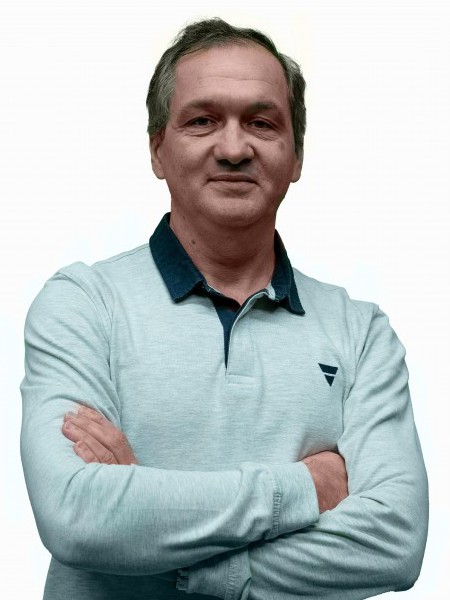abstract
The energy demands of the mankind are exponentially rising and the worldwide research is focused on the clean and sustainable energy sources during the last years. As one of the possible ways to enable the transformation from a fossil fuel based to a low-carbon socio-economical epoch is the harvesting of unused heat in automotive exhaustion, industrial processes and home heating, etc. Thermoelec-tric (TE) generators can convert the heat to electrical energy thanks to Seebeck effect when electricity appears between cold and hot ends of usually semiconductor mate-rials. To be interesting for potential commercial use in TE generators the materials need to be of high figure of merit (ZT), possessing high electrical conductivity and Seebeck coefficient together with low thermal conductivity. In addition to high-ZT chalcogenide-and skutterudite-type heavy-metal-based alloys, including rare-earth and expensive elements, metal oxide TE materials have advantages of low cost, environment friendly manufacturing and chemical stability at high temperatures. However, since they exhibit rather low electrical and high thermal conductivity compared to traditional TE materials, numerous studies have been done to opti-mise the TE oxide response by doping, nanostructuring, etc. Here, reports on most studied p-and n-type semiconductor metal oxides as well as the newest research on the enhancement of their TE performance by different methods are reviewed.
authors
Olena Okhay and Alexander Tkach
our authors
Projects
CICECO - Aveiro Institute of Materials (UIDB/50011/2020)
CICECO - Aveiro Institute of Materials (UIDP/50011/2020)
Associated Laboratory CICECO-Aveiro Institute of Materials (LA/P/0006/2020)
Other
Cover
Mediaacknowledgements
This work was supported by national funds, through FCT (Fundacao para a Ciencia e a Tecnologia) in the scope of the framework contract foreseen in numbers 4,5 and 6 of article 23 of the Decree Law 57/2016, of 29 August, UIDB/00481/2020 and UIDP/00481/ 2020; and CENTRO-01-0145-FEDER-022083—Centro Portugal Regional Operational Programme (Centro2020), under the PORTUGAL 2020 Partnership Agreement, through the European Regional Development Fund and developed within the scope of the project CICECO-Aveiro Institute of Materials, UIDB/50011/2020, UIDP/50011/2020 & LA/P/0006/2020, financed by national funds through the FCT/MEC (PIDDAC) as well as within FCT independent researcher grant 2021.02284.CEECIND.



